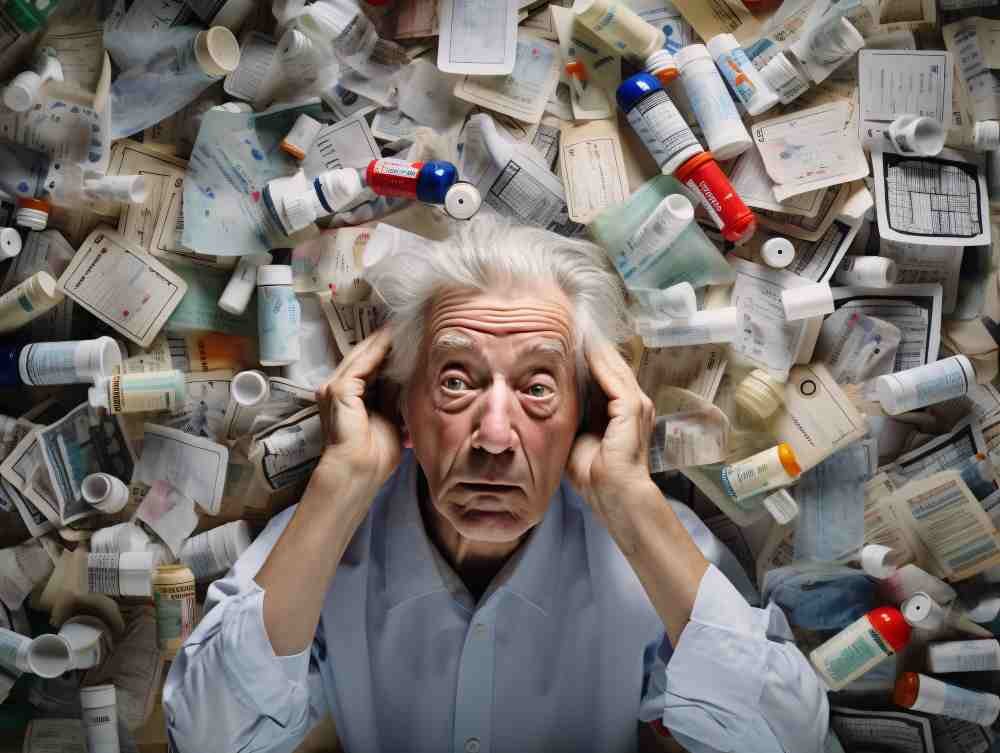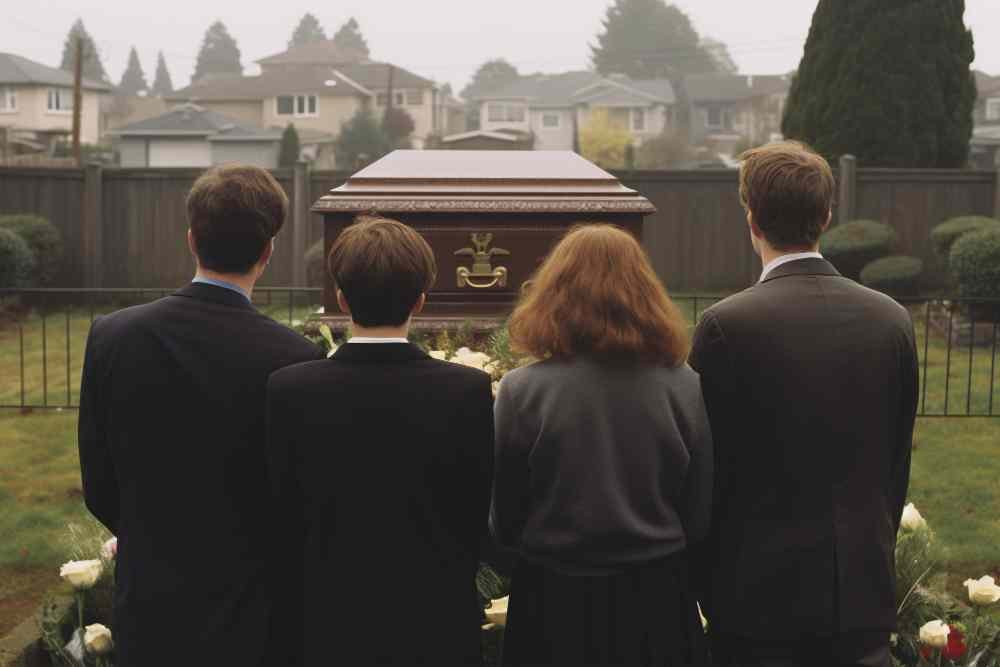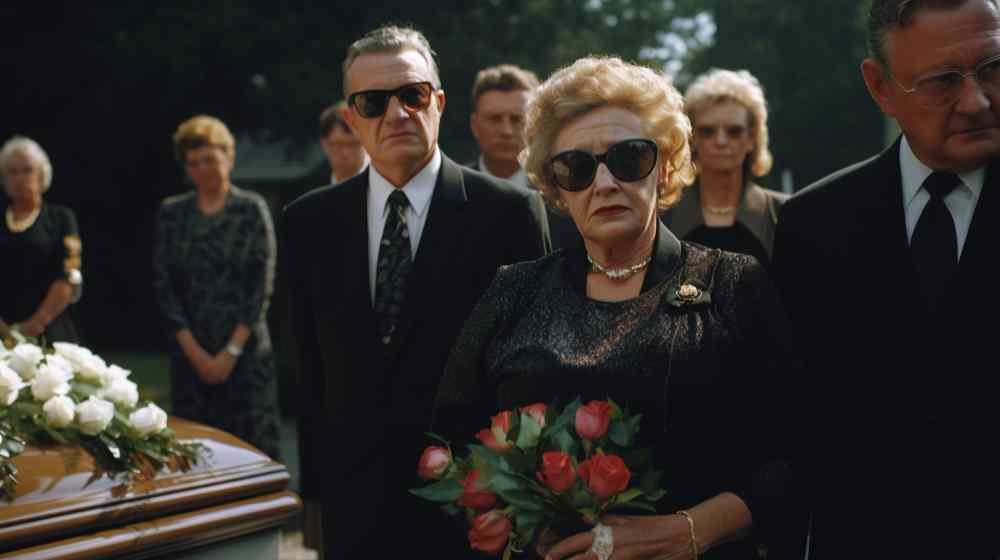Healing, when it finally begins, doesn’t feel like fireworks. It often starts with something much smaller, barely noticeable. Maybe it’s standing up in the morning without bracing for the worst. Maybe it’s walking a few extra minutes, or reaching for a pot on the top shelf without holding your breath. These tiny shifts feel fragile at first. You question them. Is this real? Will it last? But over time, they start to build something new: hope, not loud, but steady.
That’s the thing about chronic pain. It teaches you to pay attention to details that most people overlook. The texture of your mattress, the way your shoes fit, and the moment your posture starts to slip. And in that attention, something powerful begins to happen; you become your advocate. You start asking different questions. Not just “how do I stop hurting?” but “what helps me move through this?” That change in mindset, that quiet shift from surviving to adapting, is one of the most powerful parts of long-term healing.
For many, tools like 7OH tablets don’t come in like magic bullets; they show up like companions. Subtle, supportive, and steady. They help create space between the pain and your life, so that joy can sneak back in. Not all at once. But maybe today you cook dinner without sitting down. Maybe next week you can join a friend for a walk. These aren’t miracles. They’re victories. And they matter. Because in a life reshaped by pain, reclaiming even the smallest moment is an act of courage, and a step toward becoming whole again.
When The Body Remembers And You Wish It Didn’t
If you’ve ever lived with chronic pain, you know the feeling: the way your body flinches at memories your mind tries to forget. Pain doesn’t just live in joints or muscles. It settles in routines, in fears, in the way you hesitate before sitting down or getting up. It steals your spontaneity. Suddenly, everything has to be calculated: how long a trip will be, how many stairs there are, whether the chairs have backs.
You get used to apologizing. To say no. To brace yourself when people say, “But you look fine.”
Living like that wears you down. Not just physically, but emotionally. It’s exhausting to constantly negotiate with your own body. Some days it feels like your world shrinks a little more. You find yourself avoiding the things that once made you feel alive, dancing, hiking, laughing until your stomach hurt, because you’re afraid of what might follow: the flare-ups, the setbacks, the long nights of regret.
But here’s the truth that often gets lost: you are still in there. Under the pain, beneath the adaptations, beyond the doctor visits and the limitations, you are still in there, waiting to breathe a little deeper again.
Finding Your Way Back, Step by Step
There is no universal roadmap for recovery, especially when pain becomes part of your identity. But healing doesn’t have to mean going back to who you were. Sometimes it’s about becoming someone new, someone softer, stronger, more aware of what really matters.
That might mean finding new rhythms. Sleeping differently. Moving more slowly. Choosing comfort over appearance. It might mean using something like 7OH as part of your new normal, not because it’s trendy or flashy, but because it helps. Because it makes everyday life a little more livable.
And that’s what most people don’t see: healing isn’t always dramatic. Sometimes it’s just going to bed without dreading the next day. Sometimes it’s noticing that the pain didn’t show up for an hour. Sometimes it’s choosing to believe that things can be better, even when they’re still hard.
You Deserve To Feel At Home In Your Body Again
If no one has told you lately, it’s okay to want more. More ease. More movement. More laughter. You’re not asking for too much; you’re remembering what it means to feel like yourself again. Pain has a way of making you shrink. It isolates. It silences. But healing, in its quiet way, does the opposite. It invites you back to life. Maybe that starts today. Maybe it starts with something small, like trying 7OH, or saying yes to a walk, or simply allowing yourself to hope again. You deserve that. You always have.
For more information, visit our website Home Threads







